This one can only be for Eddie wild companion
Where would the world be, once bereft
Of wet and wildness? Let them be left,
O let them be left, wildness and wet;
Long live the weeds and the wilderness yet.
G ERARD M ANLEY H OPKINS
1
I N A V ULNERABLE P LACE
We were high as a couple of kites or maybe marsh harriers so Eddie and I went out to listen to the marsh. There were only us two at home that evening, so it was a bit of a lads night out. We were high because wed had a visit from our soon-to-be-ex-neighbour Barry. Allo mate!
He made a great fuss of Eddie, as he always does. Good egg, Barry. Sorry were losing him but...
Just wanted to let you know that its gone through, mate. All yours now.
Wed completed, then. The sale had gone through. But not his house. His marsh. Two or three acres of it. A bit less than two years of negotiation. Relief and joy fought for the mastery. Handshake: Barry is an ex-copper, and with a Barry handshake you always get the idea that something has been settled. Sorted, as he would say himself.
Thanks, Barry.
Cheers, mate.
The day was already dark, the year was already past the autumn equinox, though only just. I should have been organising Eddies bedtime, but hell, its not every day you buy a marsh. So we took a small walk in the dark.
I brought my new toy with us. Its a bat detector: it translates the ultrasonic squeaks of bats into sounds that we humans can hear. When you get good at it you can tell one species from another by the clicks and bonks and splats that come through the hissing speaker. I was no good at all: just smart enough to tell a bat from a cricket. Naming is always good, but its never everything.
Eddie, my younger son, was 15 then. He loved and loves nature with a sense of driving, inspiring joy. He also loves nature as a thing we share. What does a buzzard eat? Where do ducks sleep? What do bats do in the day? I wonder how many times I read him Bat Loves the Night by our friend Nicola Davies. A brilliant book: Bat shouts her torch of sound...
Do you remember how a bat finds his way in the dark?
Echolocation.
A huge word. Articulated with some clarity, too. And to celebrate we picked up a bat: his torch of sound spattering and puttering through the speaker like a bongo drum. Here was a kind of magic: you cant see it, you cant hear it, you dont know its there, so it doesnt really exist, but turn this little machine on and you dont just find a bat, you seem almost to create a bat. I experienced the wonder of it and I watched the wonder of it in Eddies face: together we listened to the soundscape of the inaudible world.
We stayed out a little longer, for the night was cool and still. A tawny owl called out rather suddenly, as if he had been working himself up to it for some time. It was a terrible hoot, a truly pathetic attempt at being an owl. This was a young bird setting out to seek his fortune: trying a hoot or two and hoping to discover a hoot-free zone where he would be free to hunt without opposition. Youll have to work on that hoot, mate, if you want to convince the tough old owls that live round here.
Still we lingered. And then a sudden roaring bark, a sound full of anguish and pain, like the hound of the Baskervilles calling for its prey. A long, low moan, indescribably sad, swept over the moor. It filled the whole air, and yet it was impossible to say whence it came. From a dull murmur it swelled into a deep roar, and then sank back into a melancholy, throbbing murmur once again... My blood ran cold.
It was a truly fearsome sound: one that youd have thought has been echoing round the marshes of East Anglia for countless centuries, a sound that contained every element of wildness that youd associate with a wild marsh and the darkness: the fanged spirit that haunts the wet nights of this watery and sinister place.
Eddie knew that one too: Chinese water deer!
It really does have fangs: the males wear long canines rather than horns. And in fact its a pretty recent arrival. Theyve only been around here since the 19th century, released and escaped from private collections and doing very nicely, thanks, on the Broads and in the Fens. Just as well, I suppose: theyre declining in their ancestral habitats of East Asia. Theyre officially classified as Vulnerable.
Vulnerability, eh? Theres a lot of it about. Thats why we wanted to buy this bit of marsh. Not really to own it, thats a relatively minor pleasure. To stop it being vulnerable.
So many vulnerable things. So many things I wish I could make less vulnerable. Starting with Eddie, who has Downs syndrome.
We were looking at a house on the edge of the Broads when I heard a Cettis warbler sing out loud, assertive, unmistakably himself.
Well take it.
An exaggeration, but not by much.
The song of a Cettis means that the place is wild and wet. The gardens boundary was a dyke, and beyond it there was a marshy no-place that had been left to its own devices. It was runnin wild, lost control, runnin wild, mighty bold... as Marilyn sang in Some Like It Hot . The thought of living next to a wild, wet place where a Cettis warbler sang out, telling the whole world that the place was indeed wild and wet well, it was at once intoxicating.
The worry, of course, was that the wetland, being vulnerable, would be damaged, destroyed, ploughed, chemicalised, dug up, built on and silenced. So we tried to buy it... and my wife, Cindy, negotiating with skill and tenacity, succeeded in buying four or five acres of the stuff. We wanted more, of course, you always do, but Barry was able to buy the rest when he moved in. We put up a fence to divide our two chunks of marsh, for that was the deal: one half managed for wildlife, especially for warblers, and the other kept open for Barrys dogs. He also put in a nice little pond. He and his wife loved the place.
But then they decided to move.
 Pigeons on the roof, whispering together. Plotting a coup?
Pigeons on the roof, whispering together. Plotting a coup?
I didnt decide to move away from The Times , where I had worked for more than 30 years, writing about sport and wildlife. My departure was involuntary and not altogether easy. Interested readers can learn more with a little internet research, but its all ancient history now, and theres no profit in raking over it again. What matters in this story is that the Wildlife Trusts turned up trumps. They took trouble over me in troubled times and Im forever grateful to them and its thanks to them that the marsh became a possibility. So in the end, it was wildlife that got the benefit of the trouble taken by the Wildlife Trusts.
The Trusts invited me on a trip to Cornwall, where we went out on a boat looking for dolphins and instead caught a magnificent passage of Manx shearwaters. Then I was asked to go to Alderney, one of the Channel Islands. I was there on the first day of Wimbledon, as it happened. This turned out to be a trip of immense personal significance. Had I still been working for The Times Id have been checking in for a fortnights work at the Wimbledon tennis tournament. I had scarcely missed a days play at Wimbledon since the 1980s: great sport and (I know Ill never convince you) rather seriously hard work in sometimes depressing conditions. But instead of taking on a fortnights hard labour in a long, low, dark room, I found myself scrambling up a rock in the middle of the English Channel, wearing protective glasses and a hard hat, helping to attach satellite tags to half a dozen gannets. I was the wing-clasper. My job was to keep these mighty birds still while the specialist attached the trackers. Another person had the job of keeping that beak which is like an unusually ferocious spear wrapped up safe. She used an old sock, pulling it over the eyes so that the bird, finding itself in darkness, ceased to struggle, while she held the bill closed in her other hand. Then all three of us, in a coordinated movement designed to keep the bill away from us, let the gannet go: and each time the bird extended its vast wings, wide as a tall man is tall, and flew.



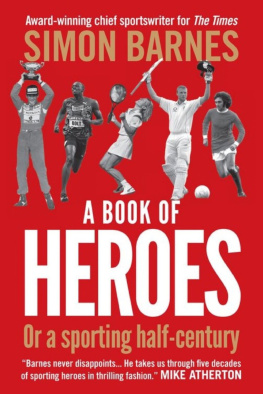
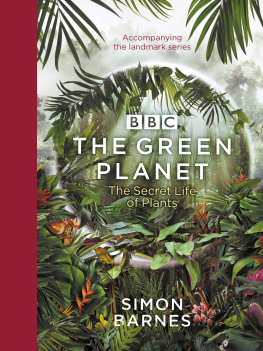
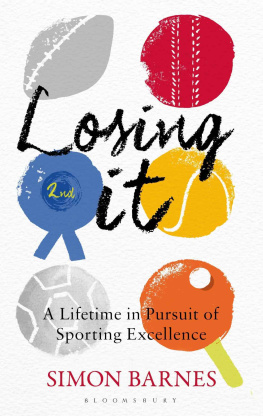
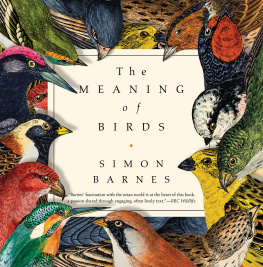
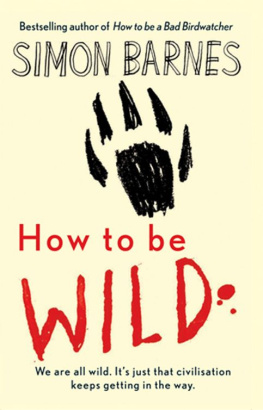
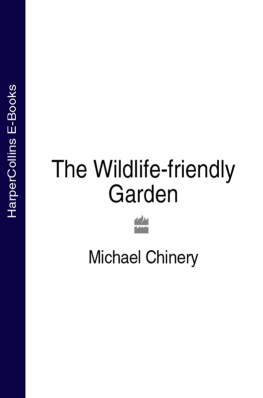
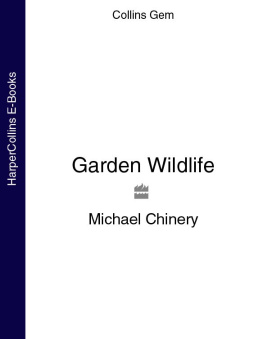
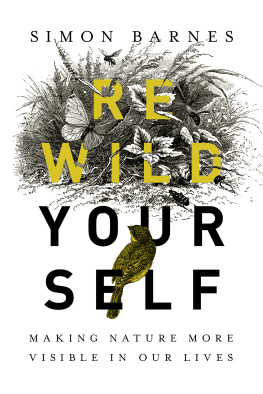
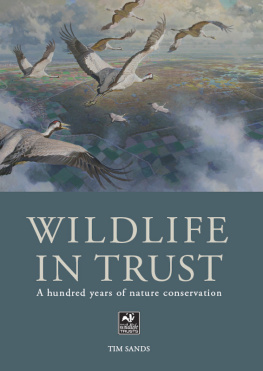
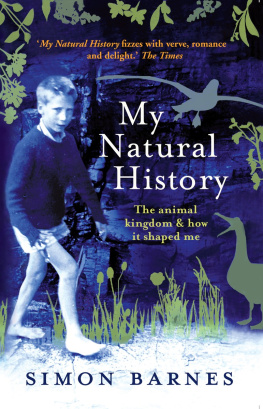

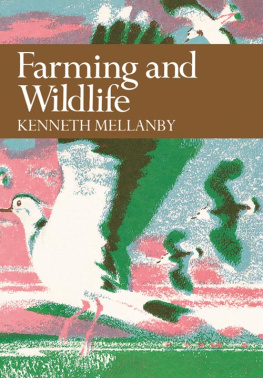


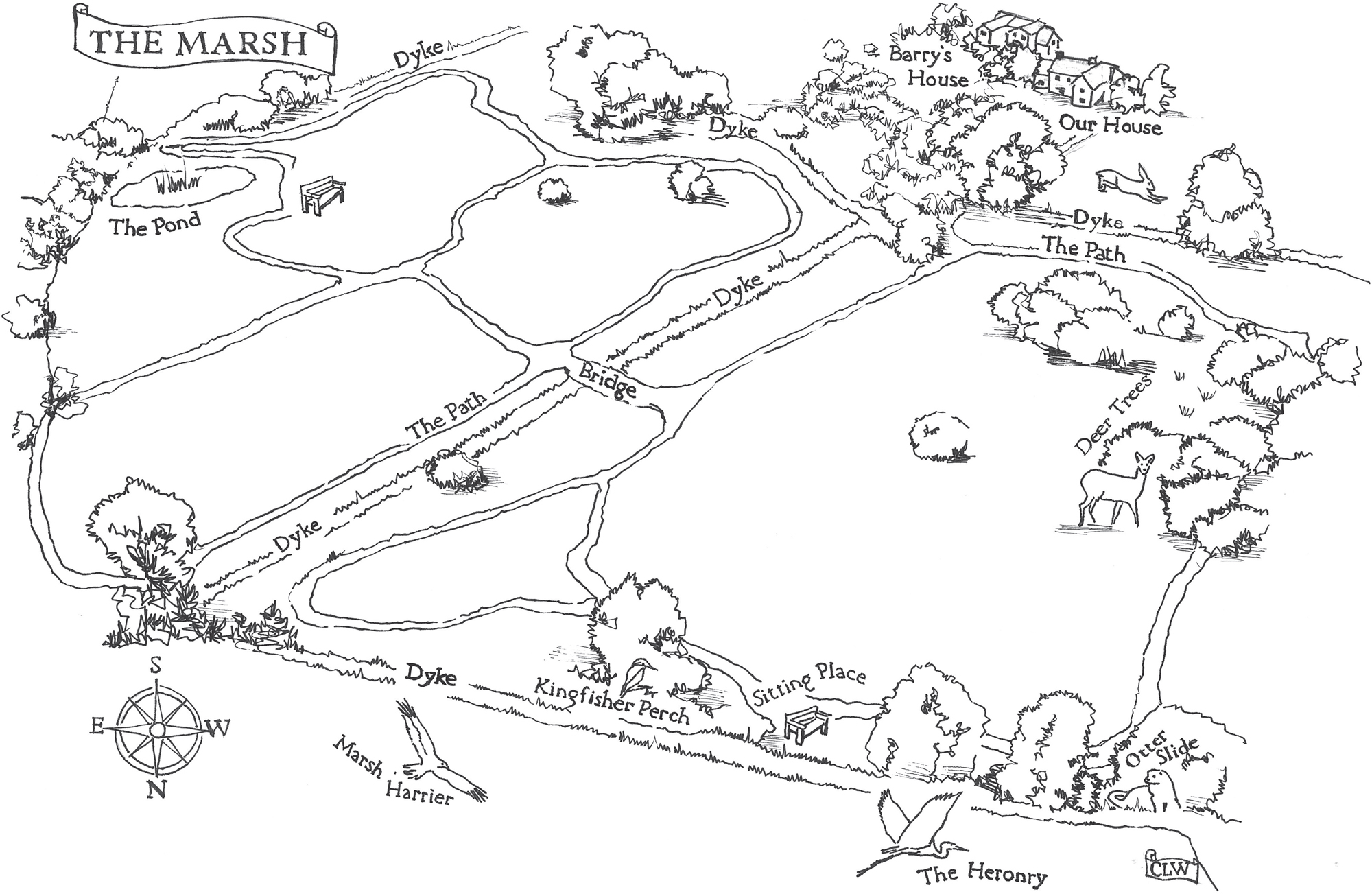

 Pigeons on the roof, whispering together. Plotting a coup?
Pigeons on the roof, whispering together. Plotting a coup?